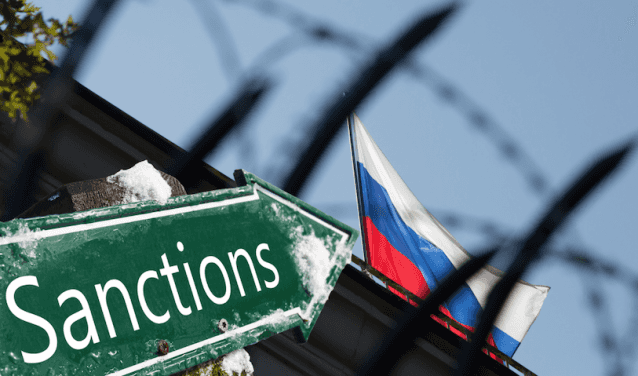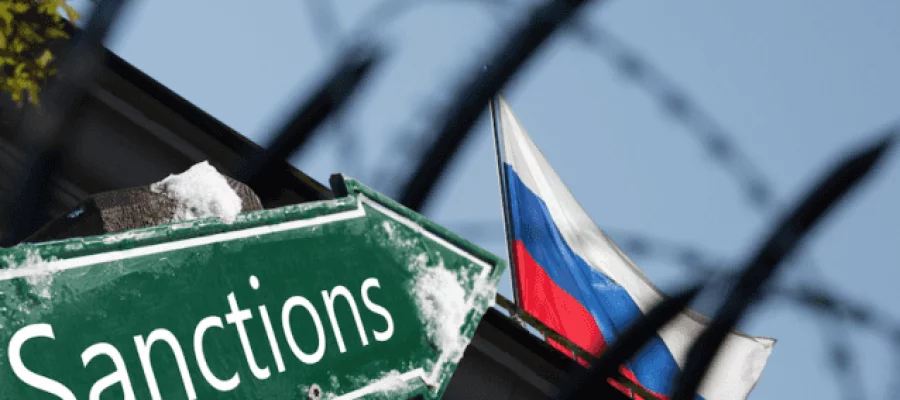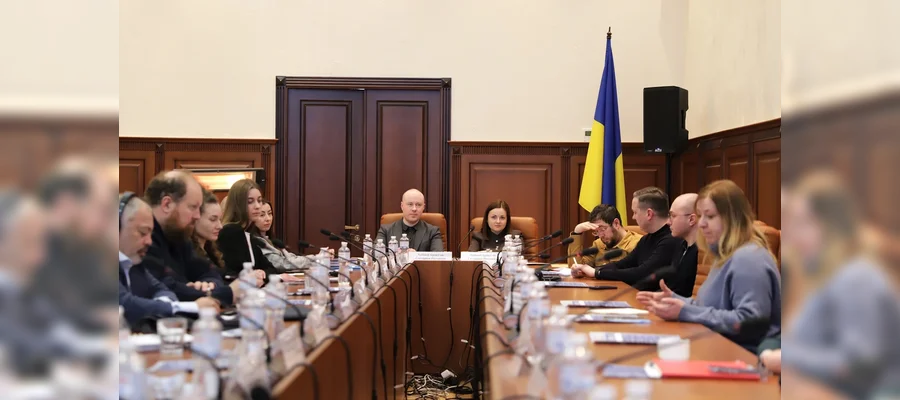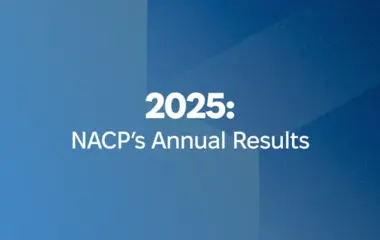The National Agency on Corruption Prevention (NACP) has added two of the world's leading tobacco companies, Philip Morris International and Japan Tobacco International, to the list of international sponsors of war. The companies continue to do business in Russia and support the economy of the aggressor country by paying significant taxes to its budget.
Philip Morris International is an American global cigarette and tobacco company that sells its products in more than 180 countries, the most famous brands are: Marlboro, Parliament, Bond, Chesterfield, L&M, Next, HEETS (tobacco sticks for the IQOS electronic tobacco heating system). In Russia, Philip Morris International is represented by two affiliated companies: the factories of Philip Morris Izhora JSC in the Leningrad region and the branch of Philip Morris Izhora JSC Philip Morris Izhora Kuban in Krasnodar, as well as Philip Morris Sales and Marketing LLC with branches in about 100 cities across the country.
Philip Morris International's market share in Russia amounted to 30.1% in 2019. Thus, the company is one of the largest taxpayers to the Russian budget, which then supports the Russian army.
Currently, Philip Morris International's total investment in Russia exceeds USD 2 billion. Having confidence in the economic potential of Russia, the company is implementing a large-scale long-term investment program. Since 2017, more than RUB 14 billion have been invested in the localization of production of an innovative product - tobacco sticks for IQOS - at the factory in the Leningrad region. The total investment in the factory, which was opened in the Leningrad Region in early 2000, exceeds USD 1.1 billion.
According to the financial statements of the Russian division of Philip Morris, the company's revenue in the first year of Russia's full-scale invasion of Ukraine increased by 8% to RUB 140.3 billion, and net profit to RUB 48.2 billion, which is 45% more than in 2021. Accordingly, more than USD 136 million in income tax was paid to the aggressor's budget. The company paid over USD 136 million in income tax to the aggressors' budget .
It is worth noting that at the beginning of the full-scale war, Philip Morris announced its intention to sell its Russian business in order to preserve its reputation. However, all "attempts" to sell the Russian business seem to have been unsuccessful, and the corporation still remains one of the largest taxpayers to the Russian budget.
The second company, Japan Tobacco International (JTI), is the undisputed leader of the tobacco market in Russia (market share of about 34.9%). It is one of the largest FMCG companies in the country in terms of sales. The company's portfolio in the Russian market includes international brands such as Winston, LD, Mevius, Camel, Sobranie and Russian brands such as Donskoy Tobacco, Kiss, Play, Peter I, Troika and others.
The company is one of the largest producers of reduced-risk products (Ploom tobacco heating device and Logic Compact capsule-type electronic vaporizer). JTI is the largest investor and leading taxpayer in the Russian tobacco industry. Over the past 20 years, JTI's investments in the Russian economy have exceeded $4.6 billion. In 2020, the company's tax payments accounted for 1.4% of the federal budget revenue. The company itself has openly stated that the Russian market generated about USD 2 billion. In 2022, the Russian market would generate about USD 2 billion for the JT Group, or approximately 11% of its consolidated revenue in 2022.
Although JTI representatives stated that JT Group has suspended new investments and marketing activities in Russia, the company still continues to manufacture and distribute products in Russia.
We would like to remind you that the NACP is the body responsible for the compliance system in the private sector. During compliance procedures, counterparties are subject to integrity checks, including socially responsible business conduct in accordance with OECD standards. The list of “International War Sponsors” on the “War and Sanctions” portal is a powerful reputational tool for achieving the integrity of supply chains in the international dimension, the exit of international business from Russia, thus reducing the financial and technological ability of the terrorist country to kill Ukrainians. One of the “leverages” of the platform is cooperation with the World-Check database, which is used by banks and insurance companies for risk assessment. That is why for global companies, the consequences of being on the list become worse than continuing to do business with the aggressor country.
 NACP adds Philip Morris International and Japan Tobacco International to the list of international war sponsors
NACP adds Philip Morris International and Japan Tobacco International to the list of international war sponsors
 NACP adds Philip Morris International and Japan Tobacco International to the list of international war sponsors
NACP adds Philip Morris International and Japan Tobacco International to the list of international war sponsors









